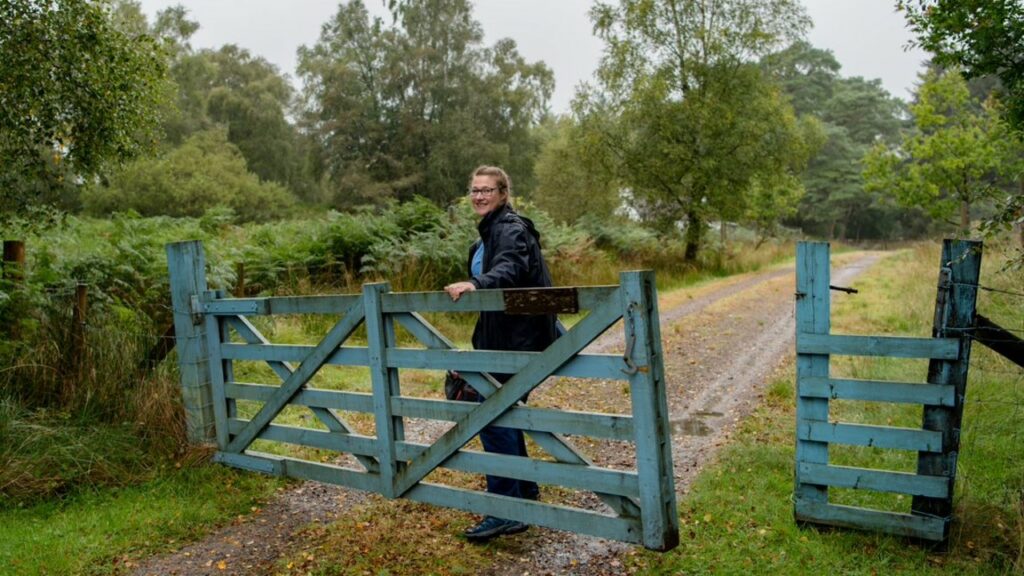The value of the Postgraduate Diploma Specialist Practitioner District Nurse (SPQ DN) on my practice in a remote and rural community
![]()
When I was supported by my employer to undertake the SPQ DN qualification in 2015, I was already an experienced community staff nurse as were all my peers on the course. Some were already leading teams or, like me, holding a caseload. The importance of the SPQ DN qualification was recognised by my employing board NHS Highland as an essential requirement for my role as a district nurse. The qualification would enable me to develop my knowledge and understanding of the complex needs of individuals and communities and develop my skills to deliver care which truly meets the ambition to shift the balance of care. This higher level of knowledge is deemed essential to lead teams to work as part of the wider multi-professional team in the community when delivering contemporary health care. It is also necessary to work in partnership with communities and other key stakeholders, including voluntary and third sector providers, to develop creative and sustainable health care solutions in the community.
In addition to meeting the NMC (2001) Standards for Specialist Practitioner District Nurse, my course was also mapped against the Queen’s Nursing Institute (QNI) and the Queen’s Nursing Institute Scotland (QNIS) Voluntary Standards for District Nurse Education and Practice (QNI/QNIS, 2015). This ensured that the theory and practice I undertook developed my knowledge to become a safe, autonomous and competent specialist practitioner district nurse.
Now I imagine if I didn’t have that opportunity, I would no doubt still be an experienced community nurse with stand-alone generic qualifications such as advanced assessment and V300 independent prescribing. I would still be employed to be a caseload holder, still accountable for a population of our most vulnerable in society. Still, be responsible for leading a team of community nurses. Yet I would be doing all this blindly without the skills to critically evaluate the evidence base or the policy that drives District Nursing, I wouldn’t be able to critically contribute to that debate ensuring safety into the future. For the safety of the public, they deserve to offer a service lead by a specialist district nurse.
Thus, it is imperative for the future workforce to be supported to undertake education that is truly focused on district nursing, underpinned by a unique set of standards dedicated to District Nursing. Otherwise, we risk skill dilution and the ability to undertake complex work supporting our most vulnerable. District Nursing has long been recognised as not just a ‘set of clinical skills’ it is a distinct education underpinned by evidence of what keeps people safe at home where they want to be.
Read more examples
![]()
